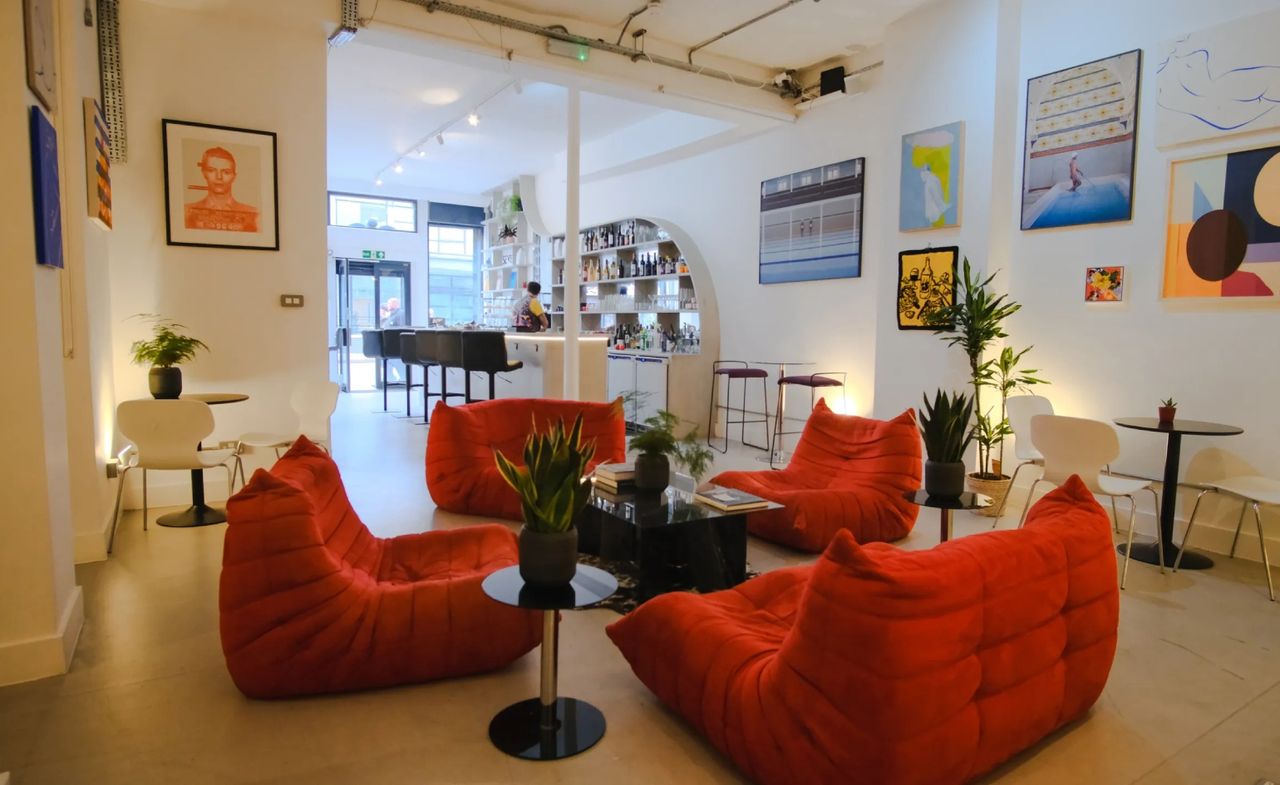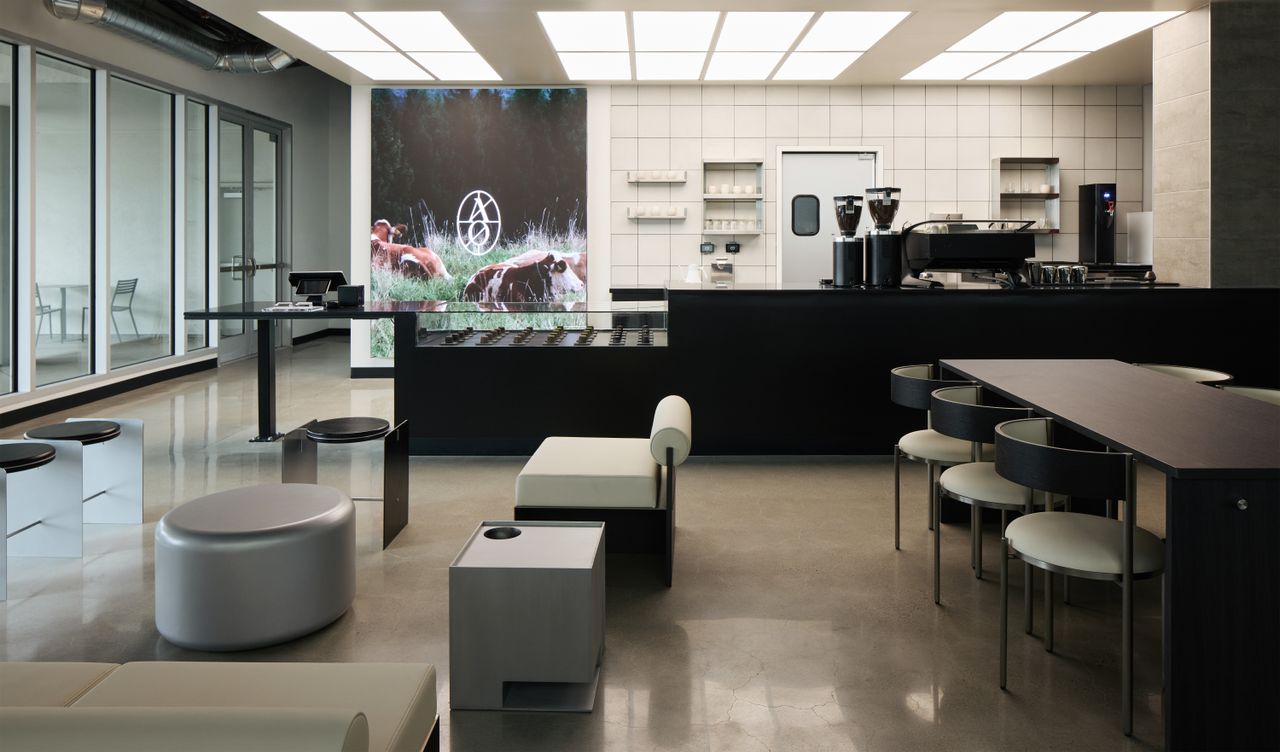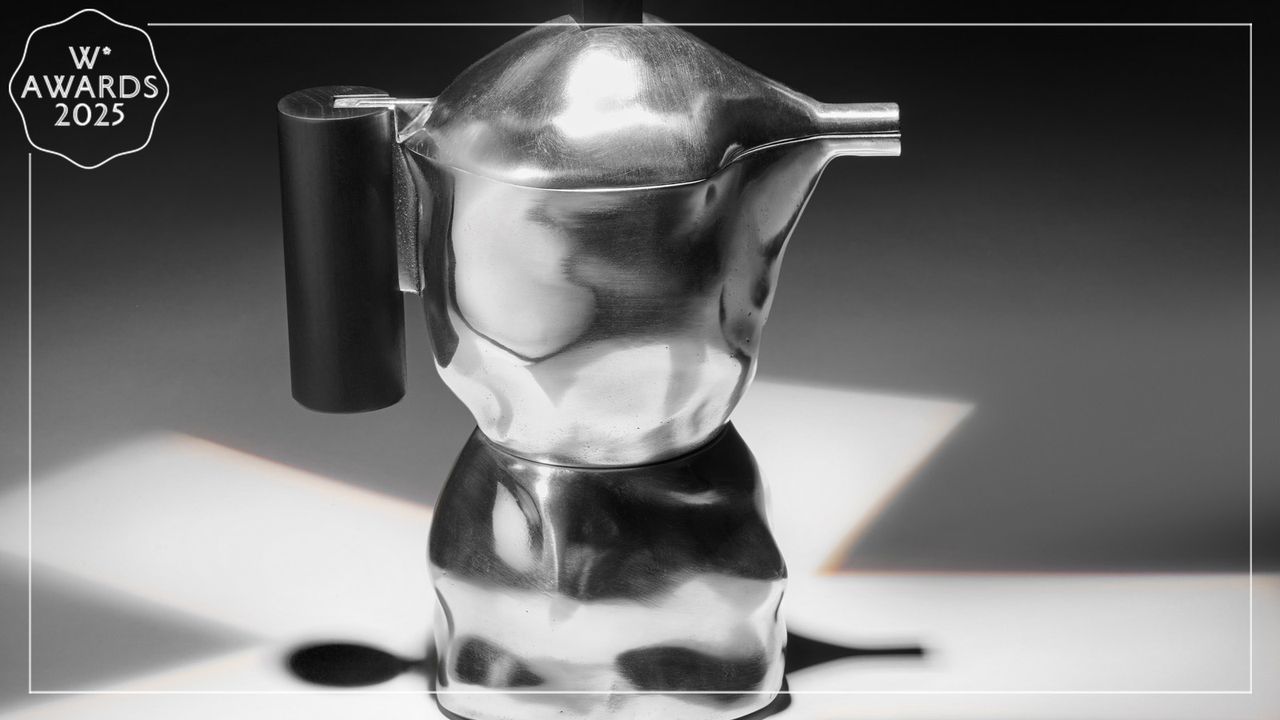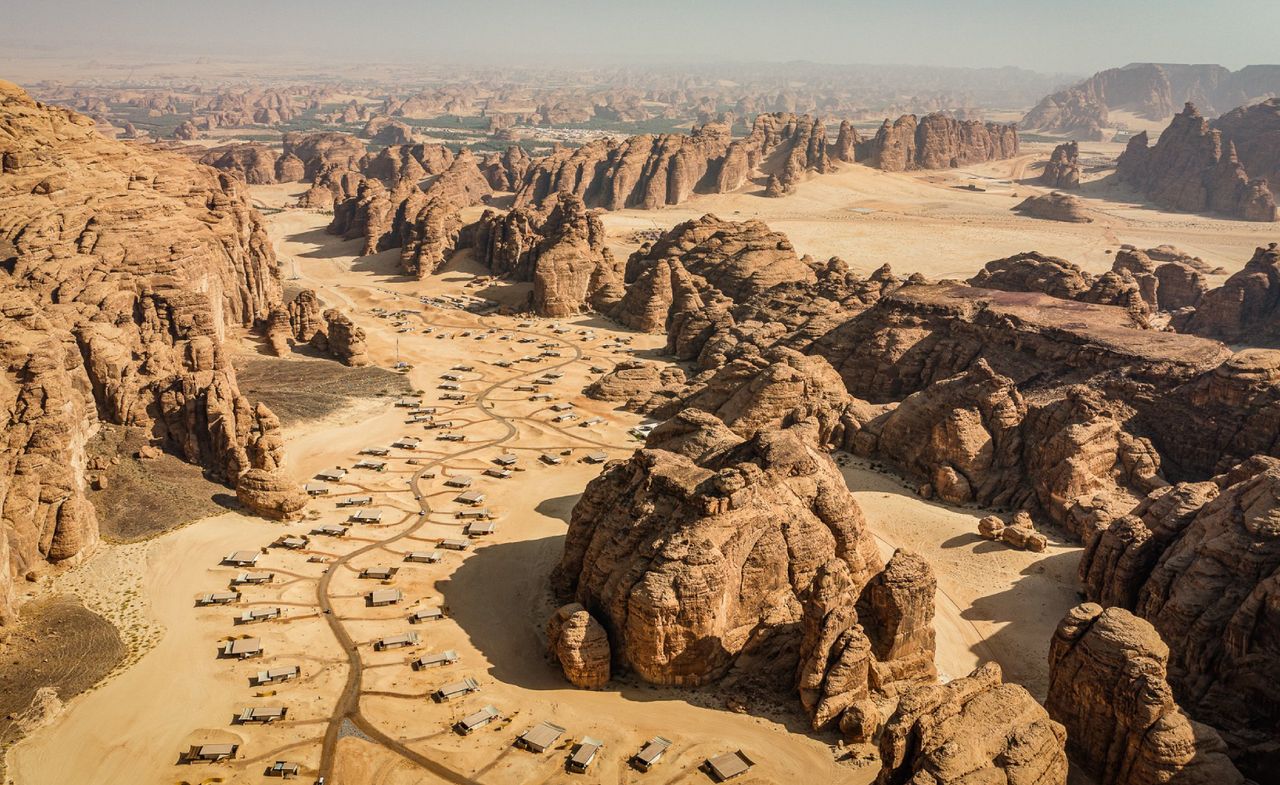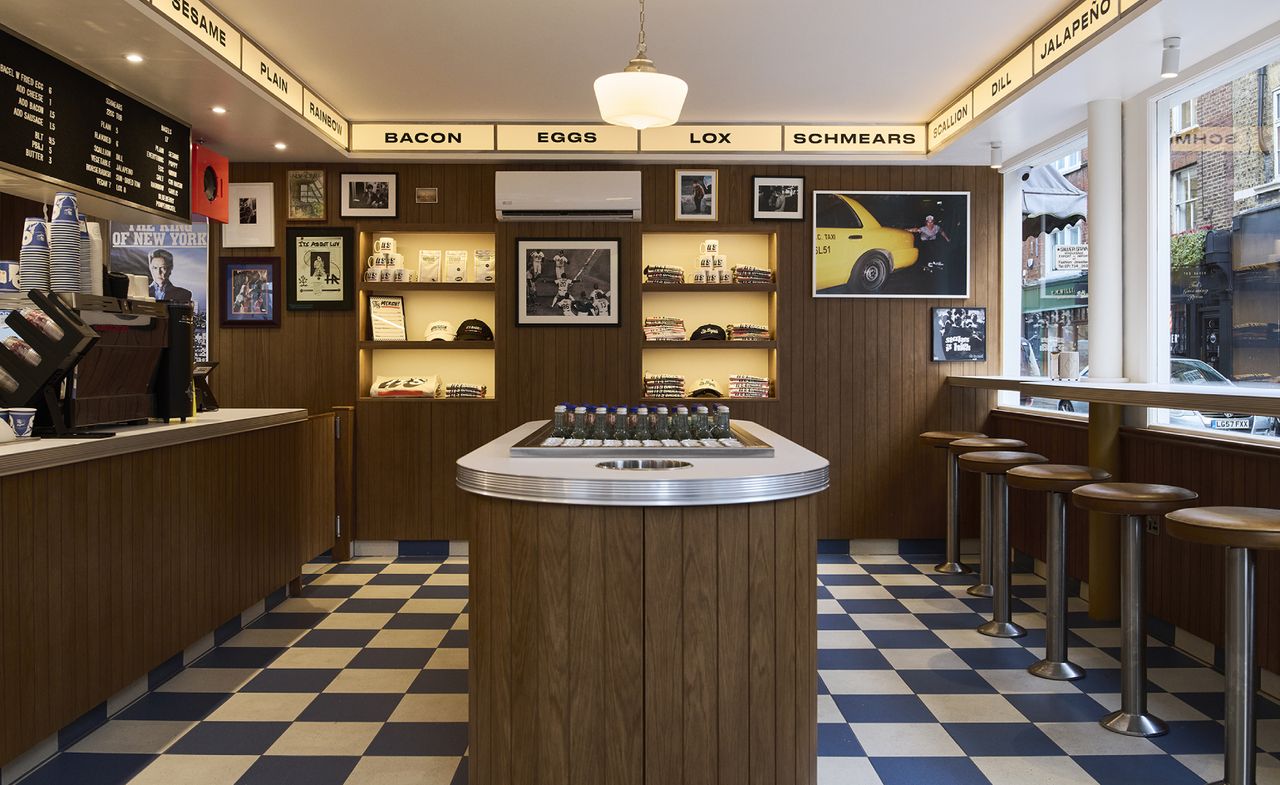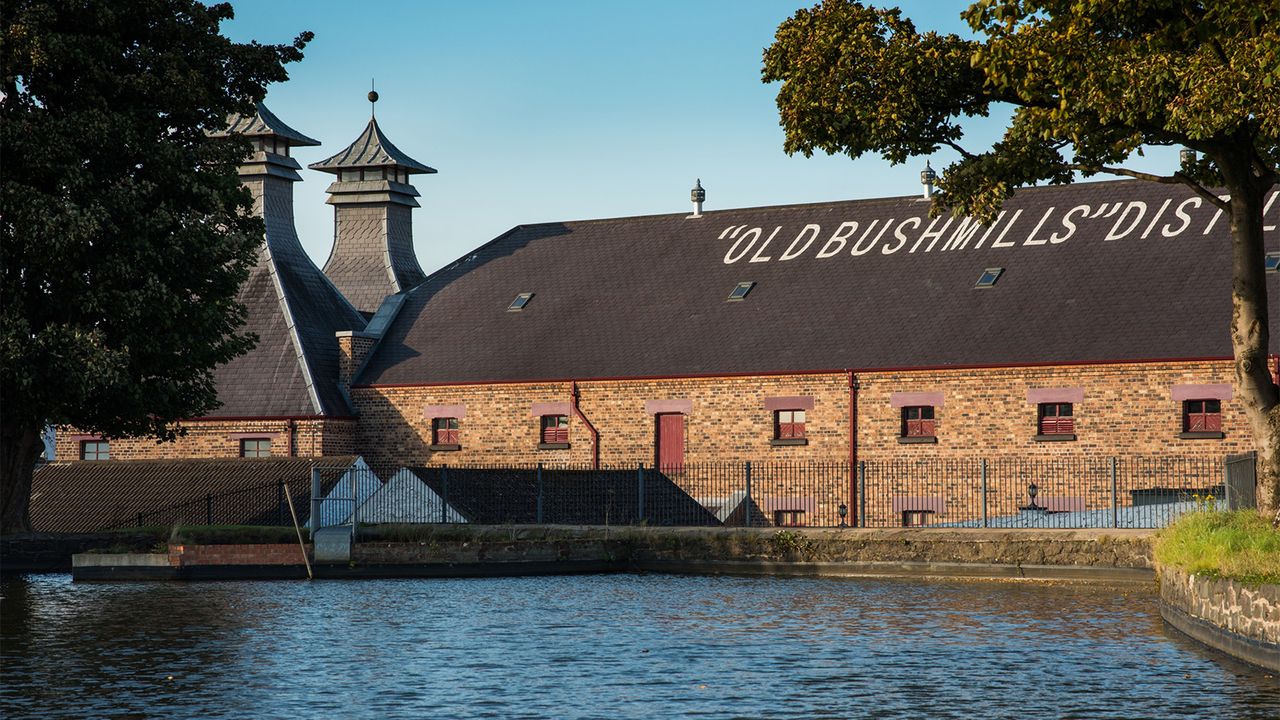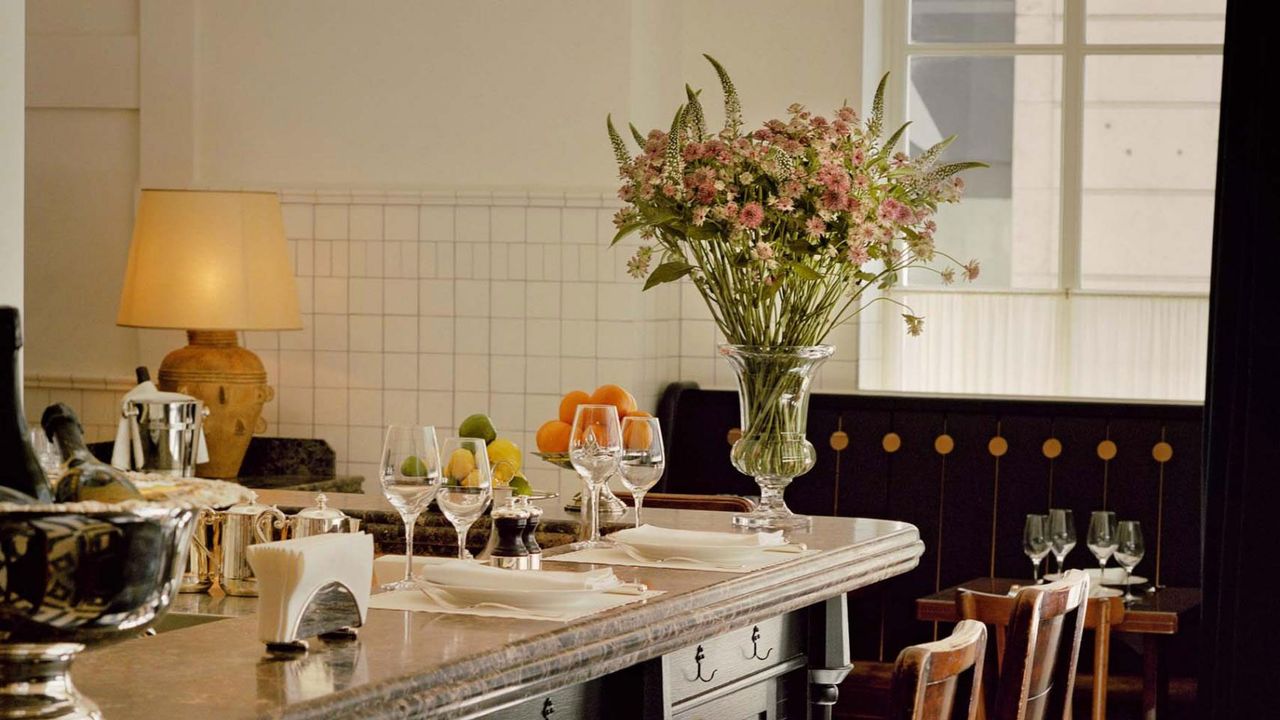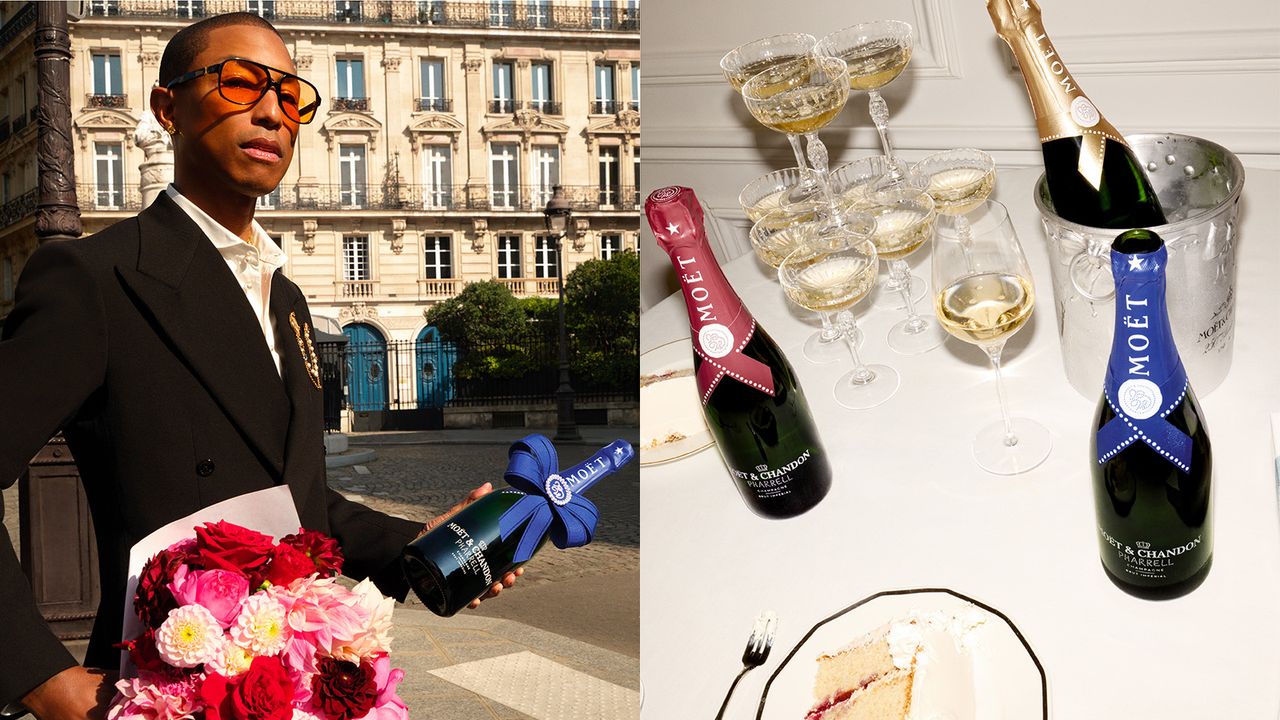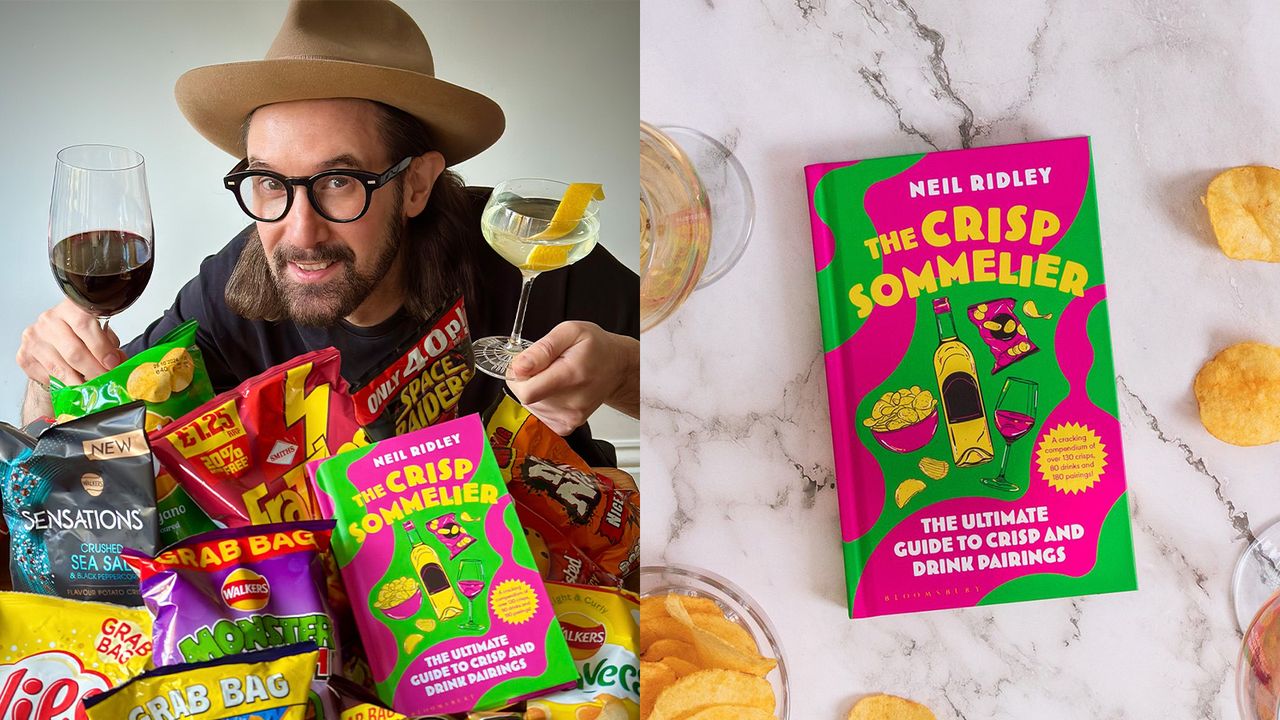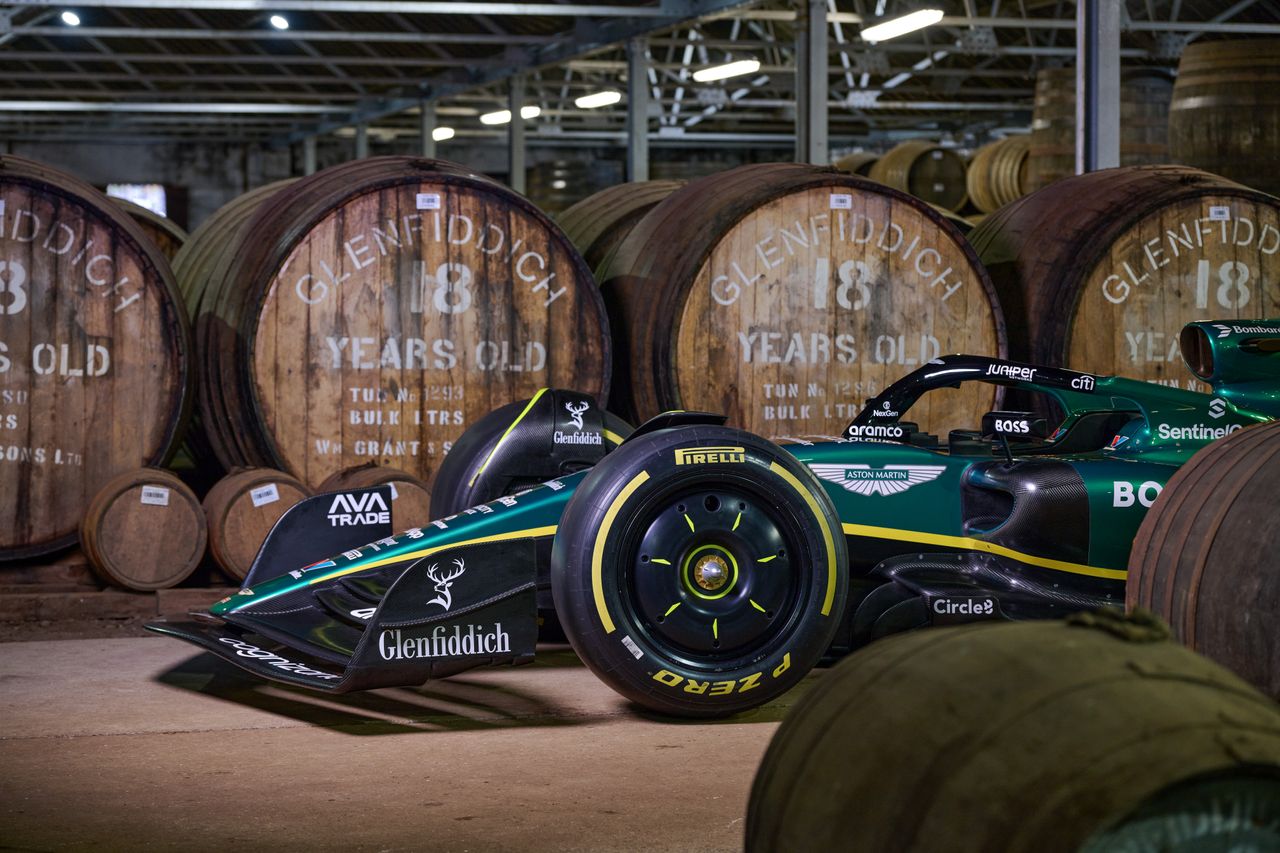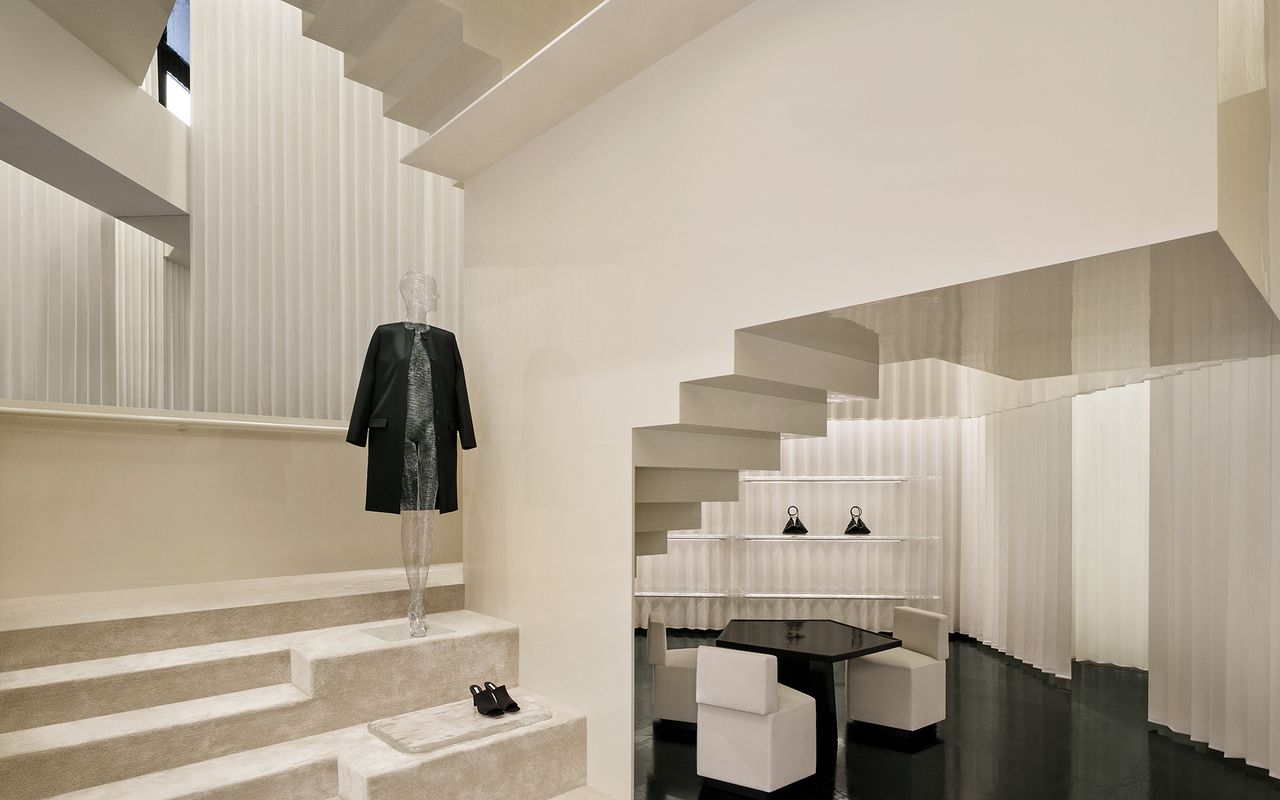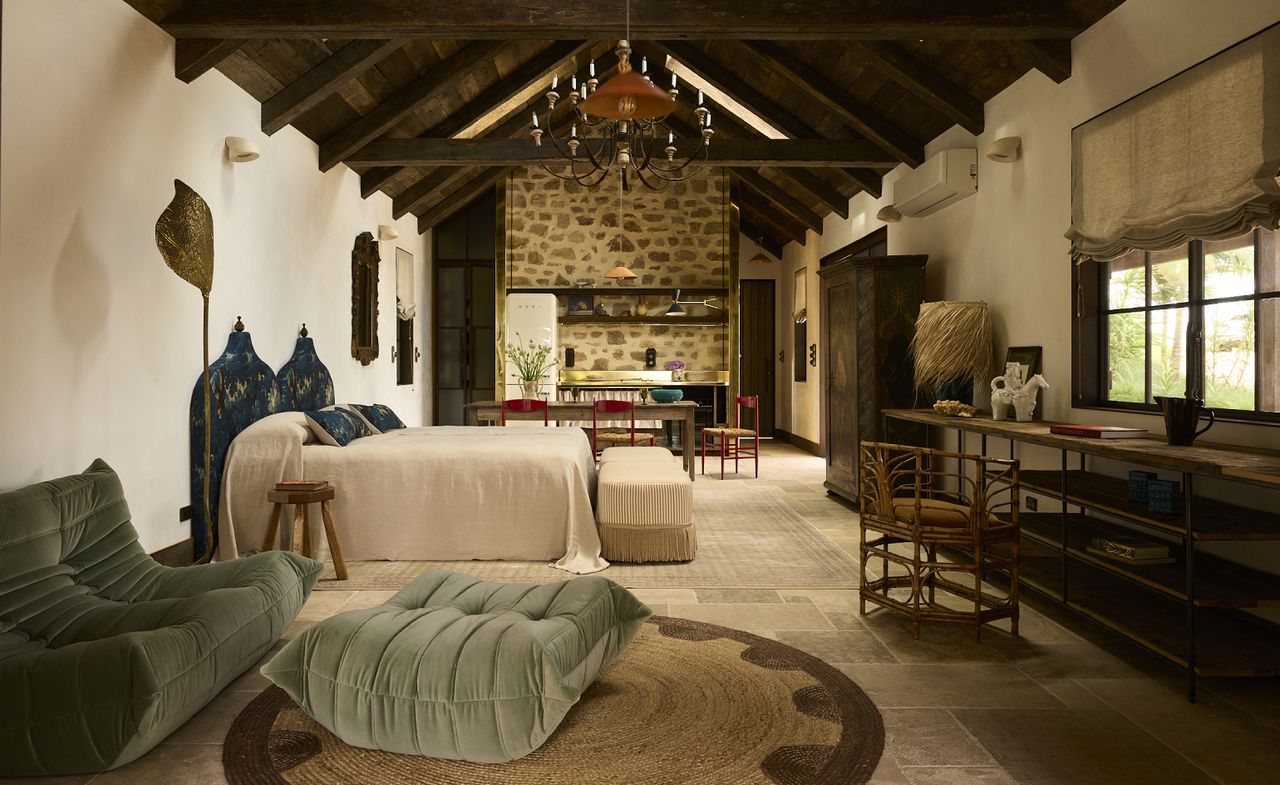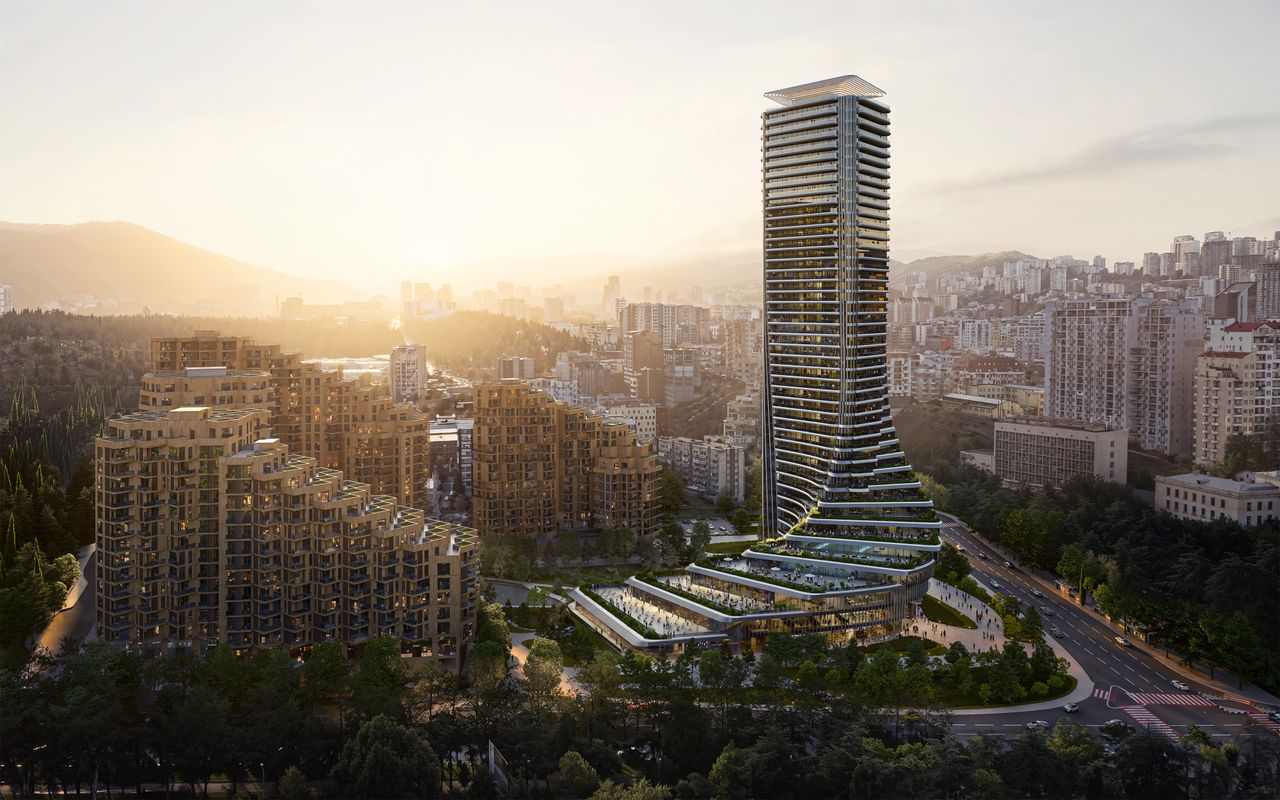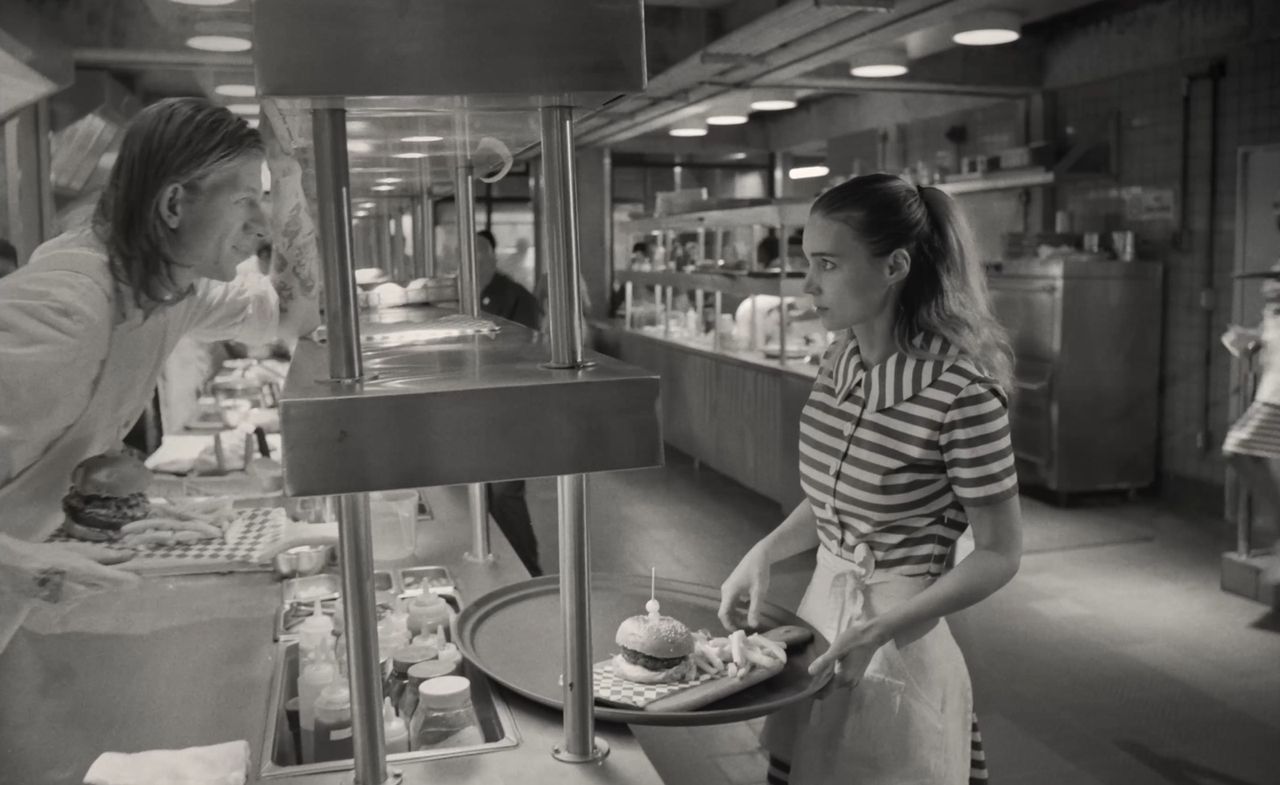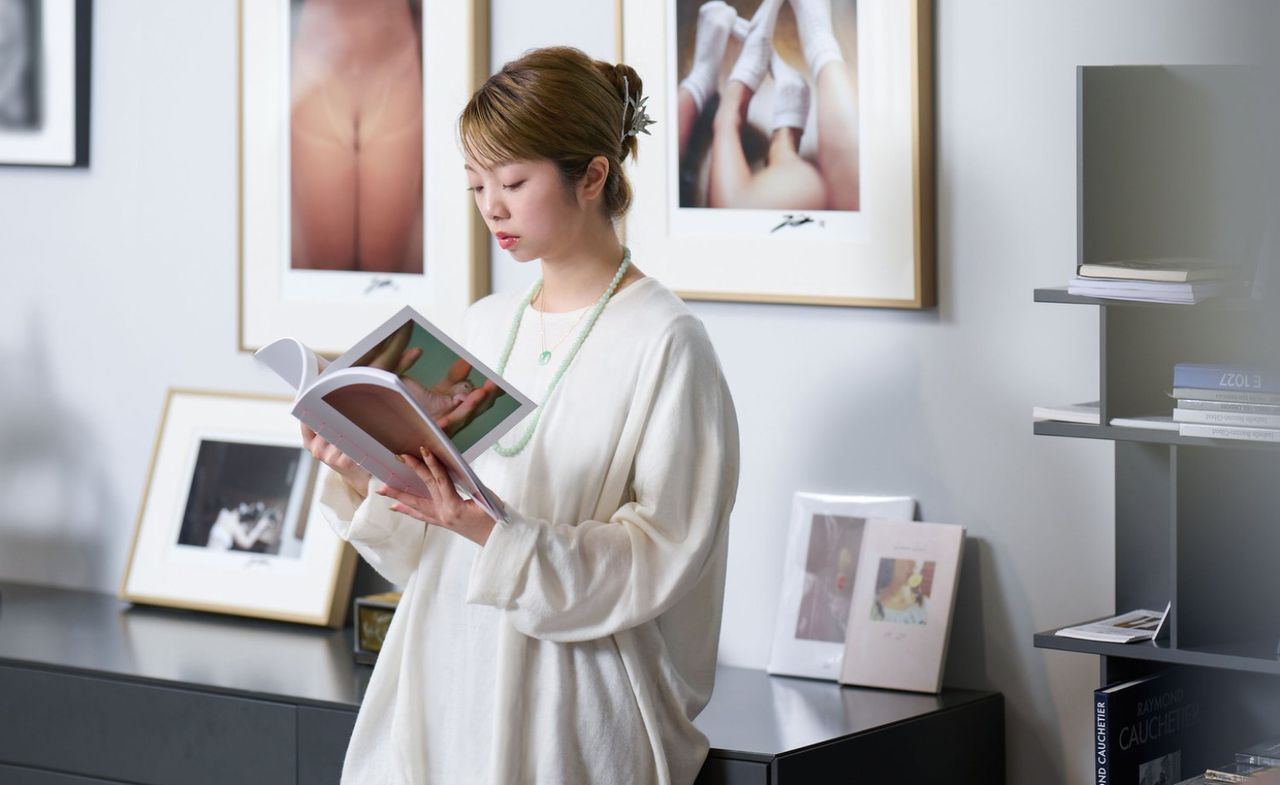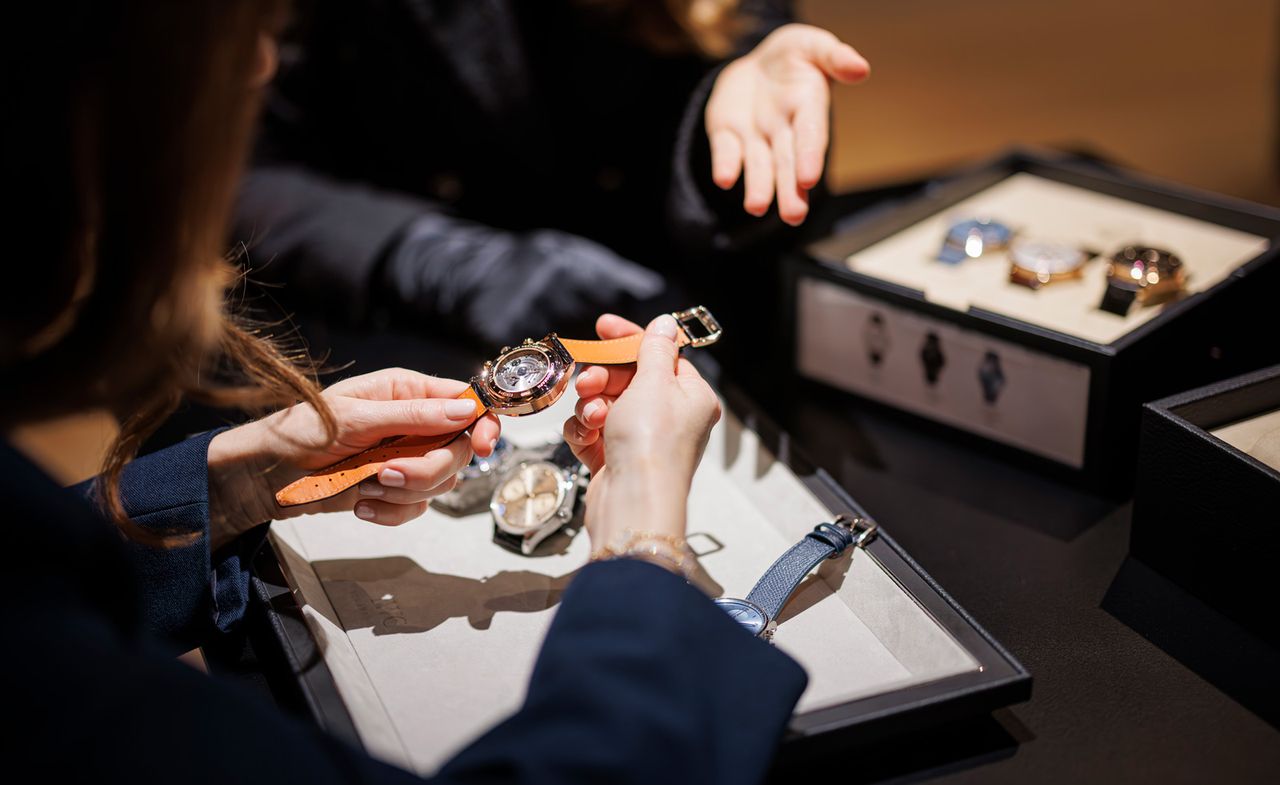Roast on the coast: how brewers are bringing craft coffee to Dubai
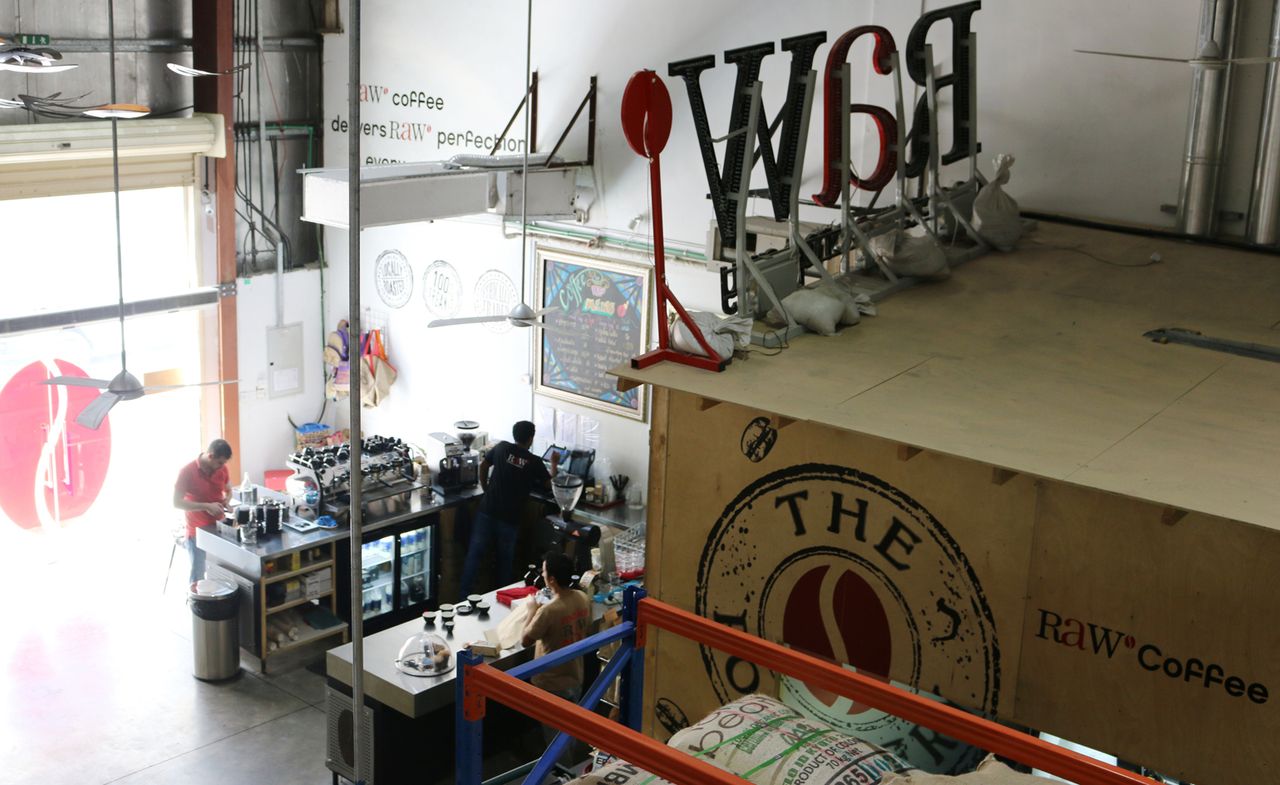
Coffee has an almost-ceremonial place in the culture of the Middle East, where it’s traditionally brewed with cardamom and served in a small cup. Though most of the population still sips their coffee old school, chains like Starbucks and Tim Hortons have moved into Dubai, bringing with them sugary Frappuccinos and milky lattes. And now, international artisanal roasters are bringing in a whole new class of trendy styles from around the world. At least, they’re trying to. Dubai presents a series of obstacles that make launching a simple coffee start-up not a simple feat.
Kim Thompson opened RAW Coffee nine years ago. Her shop, located in a warehouse in Dubai’s manufacturing district, is constantly busy and her beans are now served at over 80 cafes in the city. As one of the first to bring new world coffee to Dubai, she has faced countless issues with supplying a simple cup of coffee to Emiratis, many totally unexpected. Here, Thompson on the many hurdles Dubai’s new generation of craft coffee makers will need to face...
Firstly, Dubai water has to be desalinated and, therefore, brewers have to spend extra money on reverse osmosis. Salinated water is bad for two reasons: taste and corrosion of equipment. ‘If you think of an espresso, which is the base for most coffee drinks, it is made up of 10 grams of freshly ground coffee and 30mL of water, that is all,’ Thompson says. ‘So even if the coffee is good, the water can change the overall taste profile of the coffee.’
Secondly, the cows in the Emirates do not eat fresh grass, so there is less protein in their milk. That makes ‘stretching’ (or foaming the) milk a challenge. The milk breaks down too quickly, and doesn’t blend well with the coffee.
Should you want to roast your own beans, you qualify as a manufacturer, which forces you into the industrial area, rather than a highly trafficked food neighborhood or shopping district. Zoning restrictions also prevent the sale of food—even something as basic as a muffin—which is essential for keeping customers in the coffee shop for longer than one cup of coffee.
Though Dubai is very multi-cultural, about 80 percent of coffee drinkers take their coffee the Arabic or Turkish way and prefer to drink it at night. Trying to attract a customer in the morning or on the go is a challenge.
Lastly, even with added refrigeration and air conditioning, it is challenging to control the humidity in bean storage facilities. RAW Coffee has added a wall of plants, which, besides being visually stunning, helps reduce the humidity in the cafe and cool the premise by about two degrees in the summer.
Despite these challenges, roasters and coffee shops like RAW, Common Grounds and Coffee Planet are seeing high sales and a dedicated customer base in the last few years. For coffee aficionados, now is the time to visit Dubai to see the craft coffee revolution for yourself.
This article originally appeared on Food & Wine
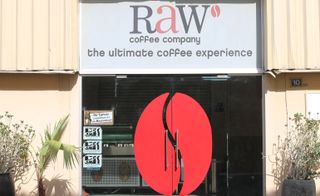
Should you want to roast your own beans in Dubai, you qualify as a manufacturer. This forces you into the industrial area, rather than a highly trafficked food neighborhood or shopping district, Thompson explains.
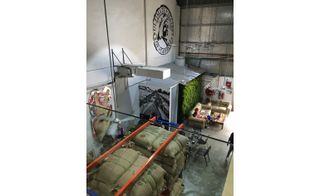
Even with added refrigeration and air conditioning, it is challenging to control the humidity in bean storage facilities. RAW Coffee has added a wall of plants, which, besides being visually stunning, helps reduce the humidity in the cafe
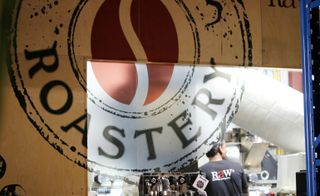
Despite challenges, roasters and coffee shops like RAW, Common Grounds and Coffee Planet are seeing high sales and a dedicated customer base in the last few years.
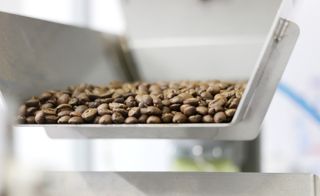
For coffee aficionados, now is the time to visit Dubai to see the craft coffee revolution for yourself
Wallpaper* Newsletter
Receive our daily digest of inspiration, escapism and design stories from around the world direct to your inbox.
